Have you ever wondered why your dog seems obsessed with licking you? Is this slobbery “kiss” a sign of affection or could it mean something more? If you’ve ever felt a wet tongue on your hand, face, or even your toes, you’re not alone—dog owners everywhere ask the same thing: why does my dog lick me? Dive in as we unravel the mystery behind this endearing (and sometimes puzzling) behavior. Discover what science, instinct, and your dog’s personality might be telling you every time you get a loving lick!
Curiosity Unleashed: What Does It Mean When Your Dog Licks You?
The question “why does my dog lick me?” is on every dog owner’s mind at some point. Licking is a fundamental aspect of dog behavior and carries more meaning than just showing love. It’s a form of communication, comfort, and even exploration for your canine companion. Imagine yourself coming home after a long day and being greeted with enthusiastic tail wags and a flurry of licks. Do you ever wonder if your pet is simply happy, trying to tell you he’s missed you, or is there a deeper reason at play?
Dogs lick for different reasons. For young dogs, licking starts early as a way to explore the world and learn about their environment. As they grow, it becomes a habit that melds affection with instinctual energy. Sometimes, it’s a way to solicit attention—especially when your dog knows licking gets a response. Other times, repeated licking can indicate a need, such as hunger, thirst, or a desire for comfort when anxious. Understanding why a dog licks can help you recognize what your pet is trying to tell you and build a stronger bond.
Let’s dig deeper into why dogs lick their owners and uncover the mix of science, emotion, and instinct that’s behind those canine kisses.
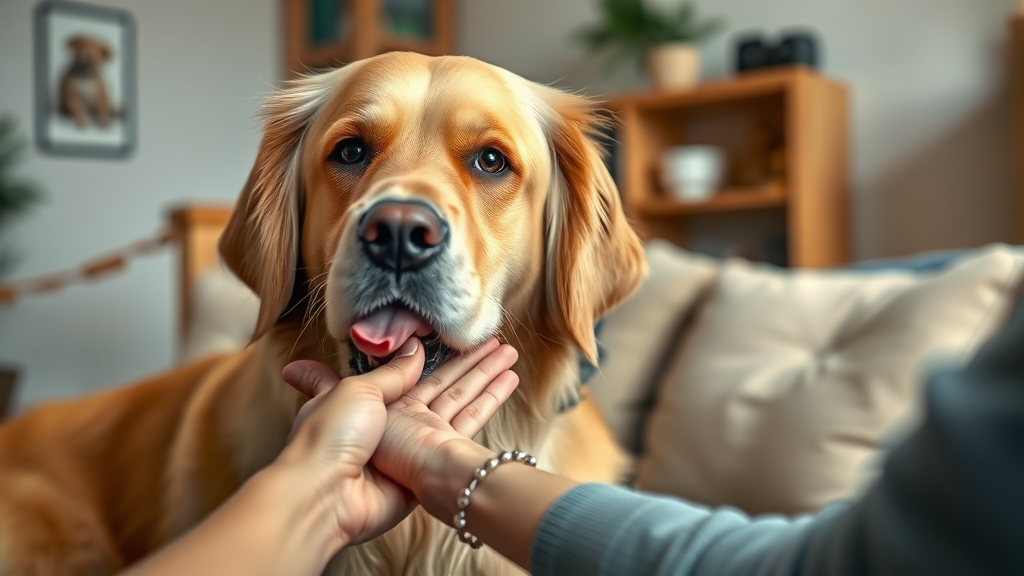
Why Does My Dog Lick Me? Key Insights for Every Dog Owner
- The top reasons dogs lick their owners
- How dog licking behaviors communicate affection or needs
- When dog licks indicate a health issue
- Whether it’s safe to let your dog lick your face
- Practical tips for managing excessive licking behaviors
Grasping the top reasons behind your dog’s licking can provide insight into your pet’s needs and improve your connection. Many dog owners notice their pets lick more during moments of excitement or change. This is not just a random event; it speaks volumes about how your dog licks to communicate comfort and establish routine. For some, it’s a natural way to display loyalty. For others, licking can be a sign that your dog needs help or is not feeling well. Learning to read these signs is especially important for keeping your pet happy, healthy, and secure.
As you move through this article, you’ll find practical examples, expert opinions, and firsthand advice on decoding “lick talk”. Building on our understanding of what licking means can transform how you interact with your pet and help eliminate guesswork in your daily life as a dog owner .
Exploring Dog Lick Behavior: Why Dogs Lick and What It Says About Them
The Science Behind Why Dogs Lick Their Owners
Science reveals that dog licking stems from both instinct and learned behavior. From birth, mother dogs lick their puppies to clean, comfort, and bond with them—a behavior that signals care and safety. As a result, puppies quickly learn that licking is an important part of interacting with family. Over time, this urge to lick transforms into a multifaceted behavior. Dogs may lick their owners as a way to investigate scents, express desire for food, or signal trust and submission.
The dog lick also has physiological effects. Licking releases endorphins in dogs, creating a calming effect that reinforces the action. It feels good, both emotionally and physically, leading your dog to repeat the behavior especially when comfort is needed. In some cases, certain tastes on your skin—such as sweat or food residue—can make your dog more eager to lick you. With repetition, licking quickly becomes a powerful communication tool and a way to seek attention or soothe anxiety.
Understanding the balance between instinct and learned behavior helps you interpret what your dog is expressing. Whether your pup is anxious, excited, or content, the reason behind a dog lick can be deciphered with a closer look at their body language, frequency, and context.
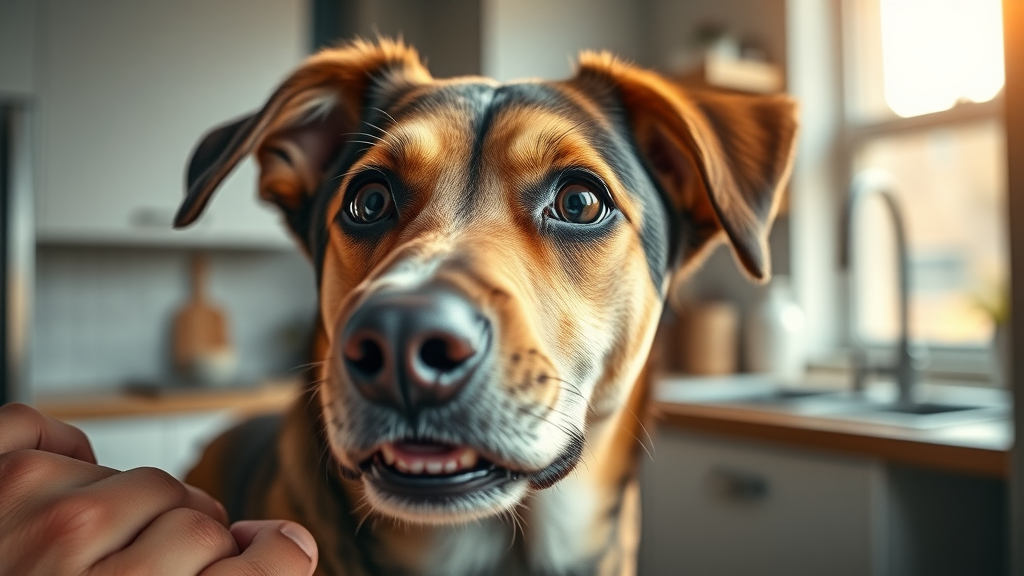
Dog Lick and Pack Dynamics: Ancestral Instincts in Modern Homes
In the wild, dogs lick to reinforce pack relationships and communicate with one another. Puppies instinctively lick the faces of adult dogs to signal submission or ask for food, a trait carried over from their wolf ancestors. Today, these same instincts inform how domesticated dogs interact with their human families. When your dog licks you, it may be their way of reinforcing your bond and acknowledging you as a trusted leader within the “pack.”
Social structure is vital in canine groups, so your dog may use licking to signify respect and trust. These gestures bridge the ancestral gap, making owners a part of their dog’s social hierarchy. Licking can also be used to calm situations—it’s not uncommon for a dog licking session to diffuse tension or signal surrender after excitement or correction. Recognizing this dynamic aids in understanding when licks mean love, respect, or an attempt to pacify a tense moment.
As a modern dog owner , acknowledging these pack-driven behaviors helps enhance communication and reinforce your role as a loving, consistent source of guidance and care.
Is Dog Licking a Sign of Affection or Something Else? Decoding Licking as a Sign
Licking as a Sign of Affection: Building Human-Canine Bonds
One of the clearest reasons dogs lick their owners is as a genuine sign of affection . Similar to a human hug or kiss, a dog lick can indicate happiness, excitement, or gratitude. Scientific studies and anecdotal evidence from dog owners suggest that most dogs use licking as a primary way to deepen and maintain bonds with the people they care about. This is why so many people interpret the action as a sign of love .
Not only does licking contribute to the emotional bond, but it also strengthens feelings of trust. For dogs, frequent licking—especially to a familiar face or hand—means they feel relaxed, safe, and attached. Take note of your dog’s whole demeanor: if they are wagging their tail, making eye contact, and licking you gently, you can be sure it’s a loving gesture coming from a place of true affection.
For many families, licking turns into a cherished ritual that cements the relationship between human and canine. It’s proof that even in the modern home, age-old bonds of affection are alive and well.
Dog Licking for Communication: Needs, Attention, and Submissiveness
While affection plays a big role, dog licking also serves as a versatile communication method. Dogs lick to get your attention, express needs, or signal submission. If your dog comes over and licks your hand during dinner, they may want to join or signal that they’re hungry or thirsty. When the licking is accompanied by pawing, whining, or persistent following, it’s a sure sign your pet is trying to communicate something important.
Licking can also convey submission and reassurance in new or stressful situations. A dog may lick with lowered ears and a lowered body in response to raised voices or tension at home, using this signal to ease household dynamics. In some cases, licking becomes a self-soothing tool, offering comfort during times of anxiety or change. Relying on this instinctual behavior helps dogs maintain equilibrium in a bustling human environment.
By watching for when and how your dog licks, you’ll become skilled at reading their moods, needs, and cues—helping you respond effectively to both healthy and problematic licking habits.
"Dogs use licking as a multifaceted tool for bonding, communication, and sometimes even as a soothing mechanism." – Animal Behaviorist, Dr. Jane Hall
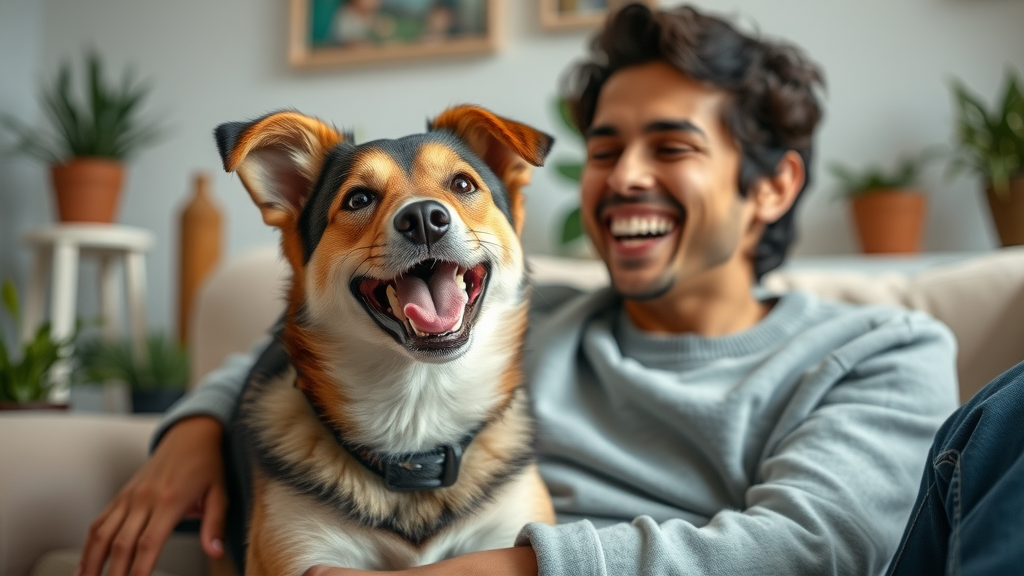
Why Does My Dog Lick Me So Much? Understanding Excessive Licking
When Excessive Licking Signals an Underlying Health or Anxiety Issue
Most licks are harmless, but excessive licking can sometimes point to a deeper problem. When a dog is licking you obsessively, it’s time to look for possible causes beyond routine affection. Health issues such as allergies or skin irritations can trigger your dog to lick more than normal, as they try to soothe an itch or discomfort. Likewise, anxiety-driven dogs may use licking as a stress reliever—especially during changes at home or periods of boredom.
Habitual or compulsive licking can hint at behavioral issues or the development of a compulsive disorder . If left unchecked, excessive licking may escalate, affecting your dog’s overall well-being or even causing damage to their own skin. Understanding the reason behind this behavior can help you intervene and restore balance for your pet. Always take persistent or unexplained licking seriously—it’s often the first sign that your dog needs extra care, comfort, or a visit to the vet.
Ultimately, a dog licking excessively deserves your attention and empathy. By investigating what’s changed in their environment or routine, you can quickly get to the root of the problem.
-
Common Causes of Excessive Licking:
- Allergies
- Skin irritations
- Anxiety or stress
- Habitual behavior
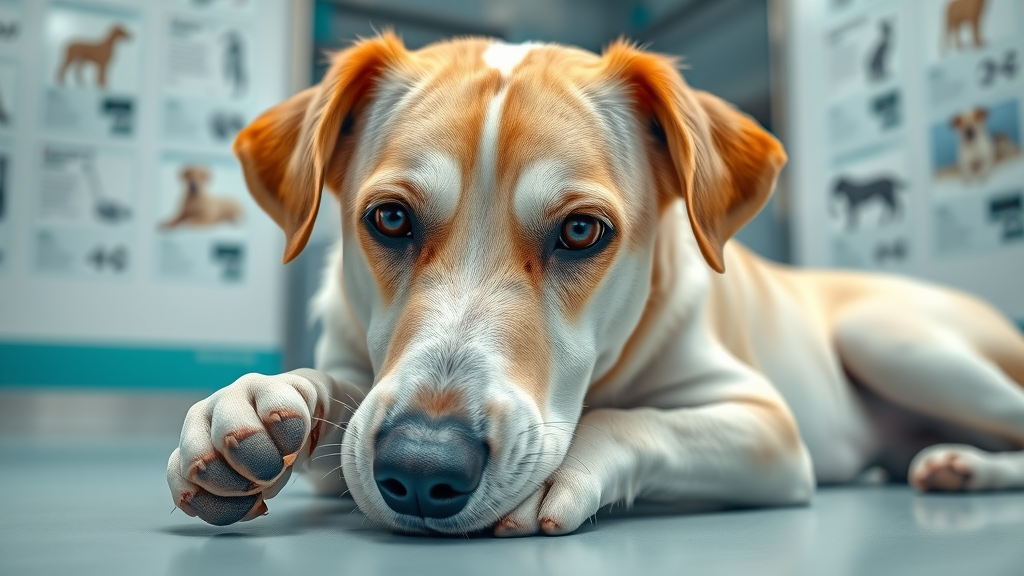
Practical Ways to Manage and Redirect Excessive Licking
Addressing excessive licking starts with pinpointing the cause. First, rule out medical problems by having your veterinarian check for allergies, infections, or pain. If health concerns are clear, shift your focus to daily habits and the emotional health of your pet. Provide enrichment toys or puzzle feeders to keep your dog busy, reducing stress-related licking.
Positive reinforcement is key in training your dog to redirect the behavior. Whenever your dog chooses not to lick or responds to a command like “sit” instead of licking, praise or give a treat—possibly even peanut butter, if it’s safe for your dog. Redirecting their energy into trick training sessions strengthens your bond while offering a healthy outlet for their urges. If excessive licking persists, reaching out to a professional trainer or behaviorist can provide tailored solutions for more complex behavioral issues.
Remember: consistency and patience are your best tools in shaping your dog’s habits.
| Reason | Description | What To Do |
|---|---|---|
| Affection | Shows love and trust | Positive response |
| Attention-seeking | Tries to gain your focus | Moderate attention |
| Anxiety/Stress | A coping mechanism | Address source |
| Medical issues | Indicates possible health concern | Veterinarian visit |
Why Do Dogs Lick Your Face? Social Rituals and Canine Communication
Is It Safe to Let Your Dog Lick Your Face? Health Considerations for Dog Owners
A dog’s passionate urge to lick your face is often met with mixed feelings among owners. While it’s generally a sign of affection rooted in social ritual, there are important health considerations to keep in mind. Dogs use their mouths to explore the world, and their saliva can contain bacteria. In most cases, a healthy adult has little to worry about, but anyone with a weakened immune system, open wounds, or allergies should be cautious.
Experts advise using judgment—occasional dog licks are fine for many, but be mindful of hygiene, especially with children or seniors in the home. Always wash your face after being licked and avoid letting dogs lick areas with cuts or mucous membranes. If your dog is licking your face more persistently than usual, this could signal stress, excitement, or even the presence of a new scent. Pay attention to frequency and context so you can address any concerns that arise.
For some, the joy of these canine kisses outweighs the risks; for others, keeping a “no face licking” rule leads to better comfort and cleanliness. Ultimately, the decision is yours—just balance the love with practical safety considerations.
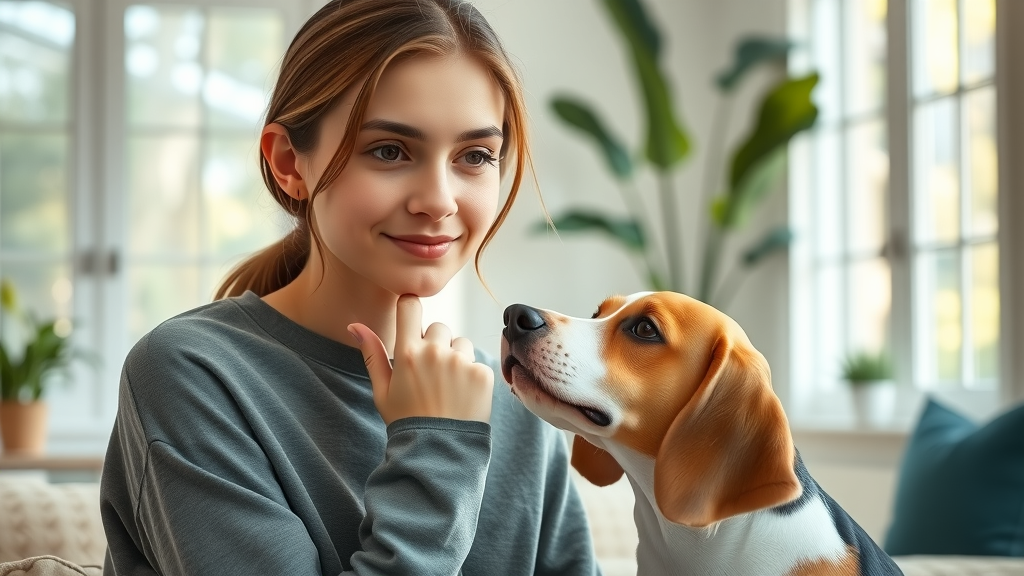
People Also Ask: Insights on Dog Lick Behavior
What does it actually mean when a dog licks you?
When a dog licks you, it typically means they are expressing affection or attempting to communicate a need, such as wanting attention, food, or comfort. Licking is a natural instinct for dogs and can also signal submission or a desire to explore the world around them. If your dog licks you in a relaxed, happy context, it’s often a sign that your dog trusts and loves you.
Why does my dog lick me so much?
Excessive licking can result from a mix of affection, stress, or medical concerns. If your dog is licking you constantly, check for changes in routine, environment, or health. Sometimes, it’s a self-soothing behavior triggered by anxiety or boredom, while other times it signals that your pet simply enjoys the interaction. Determining the trigger enables you to redirect the behavior and support your dog’s emotional health.
Why do dogs lick their human owners?
Dogs lick their human owners for numerous reasons: to show love, seek reassurance, establish a social connection, or ask for attention. Dog licking is also a learned behavior, often rewarded by touch or positive cues from owners. Understanding this context helps you respond in a way that reinforces healthy bonds and addresses unwanted licking.
Should you let your dog lick you?
Allowing your dog to lick you comes down to personal choice and situation. Occasional, gentle licks are generally harmless—especially on the hands or arms. However, frequent face licking or licking of sensitive skin may pose minor health risks. Use common sense, set boundaries, and always prioritize hygiene to ensure a safe and loving interaction.
Recognizing When Dog Lick Behavior Needs Veterinary Attention
Warning Signs: When to Be Concerned About Your Dog Licking
Sometimes, what seems cute can quickly cross into a medical problem . Seek veterinary guidance if you notice your dog licking excessively , especially if it’s a sudden change, is accompanied by symptoms like hair loss, red or inflamed skin, or if your pet appears in pain. Ongoing intense licking may be a sign of allergies, infection, or a behavioral issue related to anxiety. Early intervention is critical to getting your dog the help they need.
Monitoring changes in your dog’s licking habits is a key part of responsible dog ownership. Any sign that your dog licking is interfering with daily life, health, or comfort should prompt a call to your veterinarian. Don’t ignore unexplained licking, especially if other symptoms—like lethargy or loss of appetite—are present, as these could indicate a more serious health concern.
-
Seek veterinary advice if you notice:
- Sudden increase in licking frequency
- Licking linked with red, inflamed skin or hair loss
- Signs of pain, irritation, or discomfort
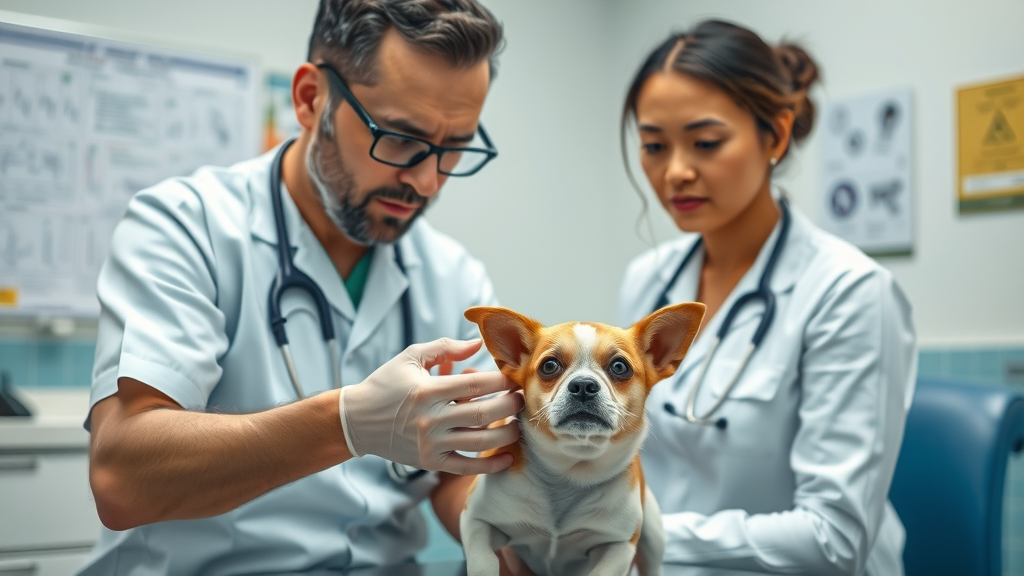
Frequently Asked Questions About Why Dogs Lick
- Can dogs get sick from licking humans?
While rare, dogs can occasionally be exposed to human pathogens through licking, especially if the person is ill. Generally, the risk is very low, but maintaining good hygiene keeps both you and your pet healthy. - How can I train my dog to stop licking excessively?
To stop your dog from licking excessively, use positive reinforcement, redirect their attention with toys, and avoid rewarding licking with petting or treats. Consistency is vital—consult a professional trainer if issues persist. - Are certain dog breeds more prone to licking?
Yes, some breeds such as retrievers, spaniels, and beagles may have stronger tendencies to lick due to their temperament and social behaviors. However, individual personality and early training also play major roles.
Tips for Encouraging Healthy Dog Lick Behavior in a Loving Home
- Reinforce calm interaction rather than excessive licking
- Provide enrichment toys and puzzles for mental stimulation
- Use positive distraction techniques if licking becomes habitual
- Regularly check your dog for skin issues or stressors
- Consult a behaviorist for persistent behavioral concerns
Caring for Your Canine Companion: Key Takeaways on Why Does My Dog Lick Me?
"Understanding why your dog licks you builds trust, improves wellbeing, and strengthens the special bond between you and your pet."
Practice mindful observation and encourage balanced licking habits to create a happier, more connected home for both you and your dog.
Stay Informed and Proactive in Your Pet’s Wellness Journey
Caring for your pet just got easier. Get expert advice, product tips, and pet wellness updates delivered monthly. 🐾 Sign up today and stay one paw ahead.
Understanding why your dog licks you can deepen the bond between you and your furry friend. For a comprehensive exploration of this behavior, consider reading Why Do Dogs Lick You? on PetMD, which delves into the various reasons behind canine licking, from affection to communication. Additionally, Why Does My Dog Lick Me, and How Can I Get Them to Stop? on WebMD offers insights into managing and understanding this behavior. These resources provide valuable information to help you interpret and respond to your dog’s licking habits effectively.
 Add Row
Add Row  Add
Add 


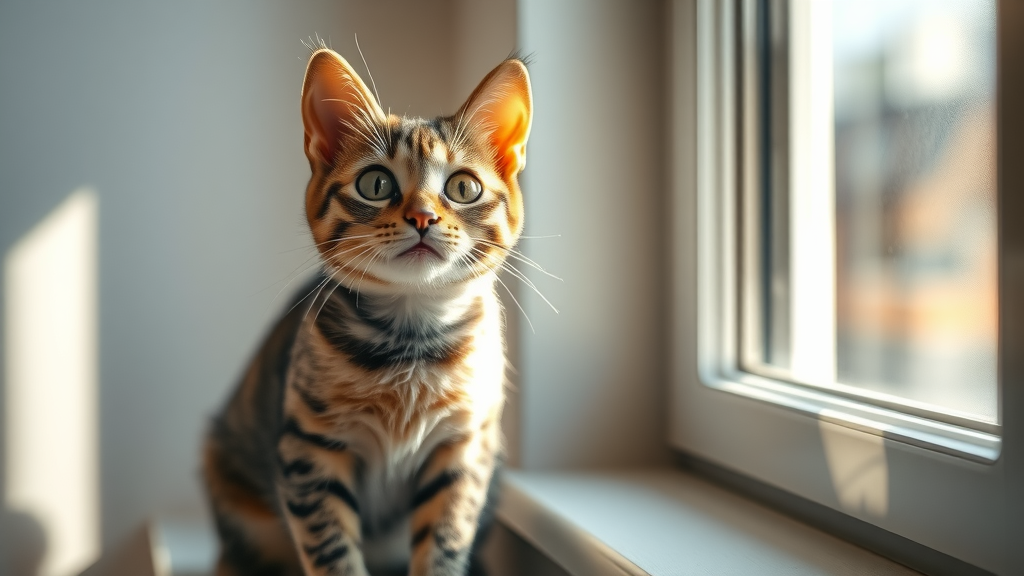
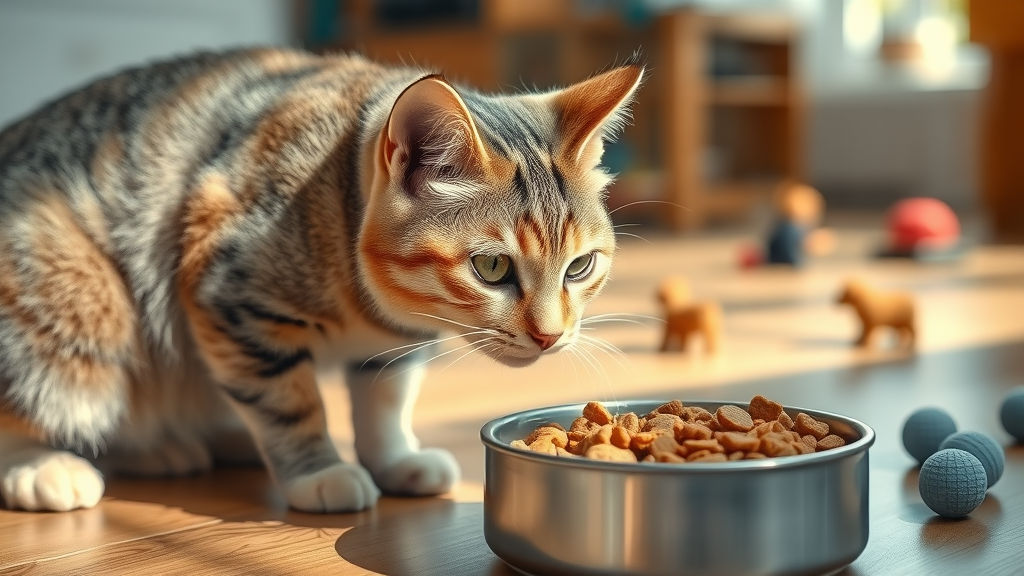
Write A Comment